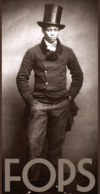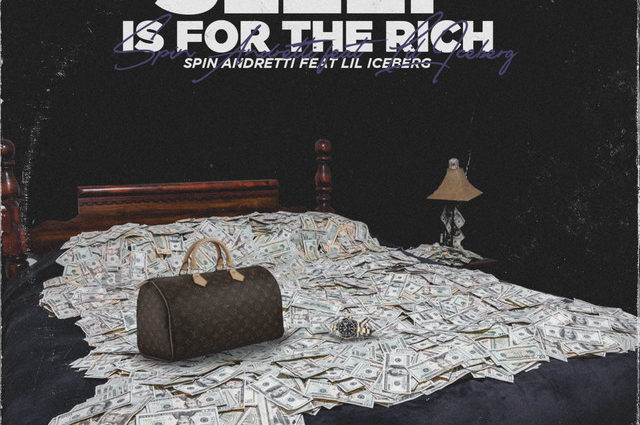
The Paris home of Helena Rubinstein. Photo credit: Condé Nast Archive.
One of the subtle markers of wealth that people often fail to pick up on is the classic mid-conversation yawn. To the untrained eye, the gesture appears to be nothing more than a natural response to fatigue, but in truth it is a coded indicator of status that can effectively signify both affluence and leisure.
Typically, conspicuous luxury items—sports cars, yachts, private airplanes—succeed at making the strongest impressions on observers of upper-class life. More and more, though, the rich are setting themselves apart with affectations that communicate wealth merely by suggestion.
An artfully performed yawn, especially one that is ever so carefully timed to interrupt snippets of important discussion among friends and colleagues, sends a clear message that apathy is a comfort reserved only for the elite.
In fact, rising commitments to displays of lassitude are so resolute that sleep has become an increasingly fashionable topic to brag about. The traditional stigma associated with sloth and inactivity appears to be fading away. Occasionally, when I visit affluent homes, I notice that kids in their late teens start to roll out of bed at four of five in the afternoon. During my teenage years the prep-school set followed the same schedule, but it was always frowned upon. Today, such behavior is not only accepted in polite households, it’s celebrated by popular culture.
The forthcoming remake of Dudley Moore’s 1981 comedy, Arthur, starring Russell Brand, is an interesting sign that a pronounced rejection of worldly concerns is particularly chic at the moment. The movie tells the story of a lovable but incompetent heir who struggles to kick his outrageous drinking habit and contribute in any real, meaningful way to the family business or society. The buzz the film is generating among Hollywood tastemakers and affluent New Yorkers speaks volumes about the current appeal of irresponsible and trifling characters.
I have witnessed many scenes in real life that would not be out of place in Arthur, where prominent heirs and heiresses are sequestered in fancy bedrooms for days on end while staff members hopelessly bang on the doors, trying to resurrect the precious scions for meals and family events. These days, the allure of sleep has overpowered the merits of a hard-day’s work.
Ironically, wiling away hours in a state of blissful unconsciousness has become, of all things, a status symbol. Hallmarks of position and power change with the times, but present customs provide an unexpected and sharp contrast to the not-so-distant past. For much of the nation’s existence, industry and productivity represented what the rich wanted to project as a persuasive image. Unwavering devotion to Wasp- fundamentally Protestant—discipline was all the rage. Wealth and accomplishment were cast in material molds, the marketable fruits of productivity and profits. Now, it’s less tangible and more ethereal, like the dreams of carefree sleep. Today, there’s a growing appreciation for what isn’t done, rather than what is, a phenomenon marked by the telling yawn.
by Jamie Johnson
Via: Vanity Fair

